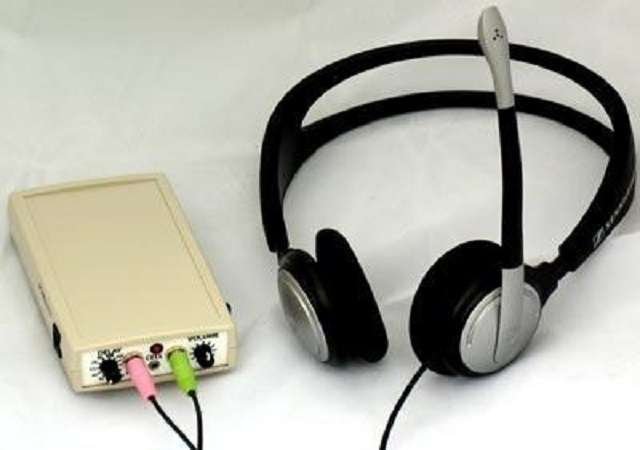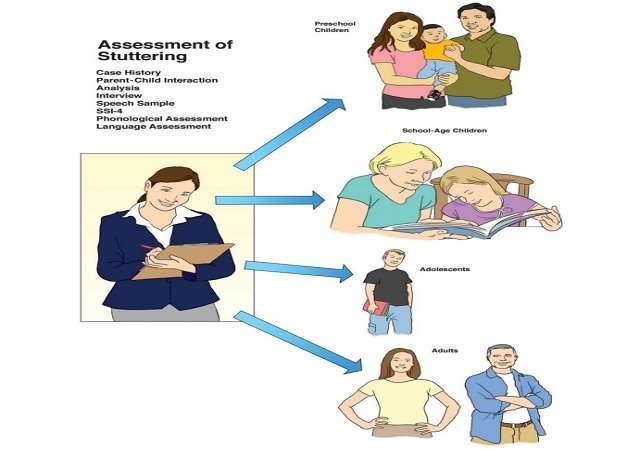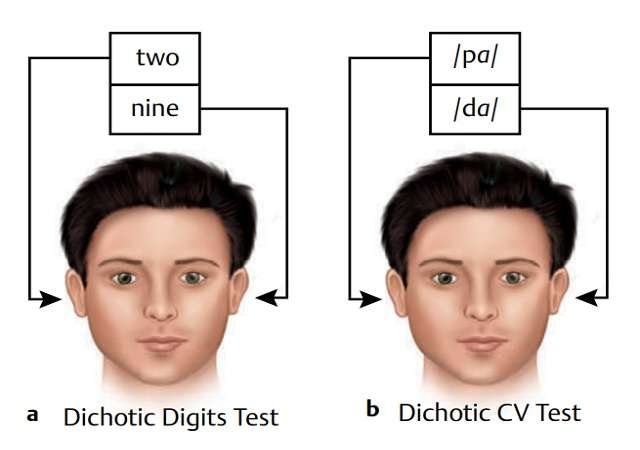
by BASLPCOURSE.COM
Relapse and Recovery from Fluency Disorders: Relapse means a falling back into a former state, especially after apparent improvement. Relapse is not well defined in stuttering (Craig, 1998). Stuttering is a chronic disorder and many adults can only remain fluent by...

by BASLPCOURSE.COM
Approaches to Management of Fluency Disorders: The management of fluency disorders involves three stages. Establishment of Fluency Generalization of Fluency Maintenance of Fluency Establishment of Fluency Establishment of fluency is easy and can be achieved using a...

by BASLPCOURSE.COM
Different Techniques and Strategies used in Management of Stuttering: The techniques and Strategies are described based on these Approaches to Management of Fluency Disorder. Fluency Modification Techniques Fluency Shaping Techniques Cognitive Restructuring Techniques...

by BASLPCOURSE.COM
Assessment and Diagnosis of Fluency Disorder: Individuals are referred to a speech-language pathologist (SLP) for a comprehensive assessment when disfluencies are noted and when one or more of the factors listed below are observed along with the disfluencies. A...

by BASLPCOURSE.COM
Assessment of Central Auditory Processing Disorder (CAPD): Jerger and Musiek suggested Minimal Test Battery for CAPD includes Screening Tests, Behavioral Tests and Electrophysiological Tests. Minimal Test Battery Jerger and Musiek (2000) discussed a possible test...





